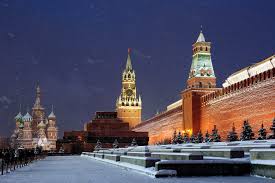(Turkish Policy Quarterly) Turkish involvement in the Arab Spring and the Syrian civil war began at a time when Turkey’s impressive record of democratic progress and economic growth in the 2000s fueled remarkable optimism domestically and internationally about the country’s potentially democratizing influence in the greater Middle East, often discussed as “the Turkish model.” Against the background of the EU’s unwillingness to continue membership negotiations after 2005, the Arab Spring provided Turkey with an opportunity to reaffirm its newly-found democratic identity and to become the leading advocate of democracy across the Middle East. Some EU member states were skeptical toward Turkey’s membership, in part because of Islamophobic public opinion and differing legal and normative opinions about the role of religion in society, as evidenced by the attempts to ban circumcision, the Islamic headscarf, minarets, and ritual animal sacrifice in some EU member states. In contrast, the Arab Spring held the promise of new democratic polities in the Middle East that could more readily accommodate Islamic religious practices, which was a prospect that particularly appealed to the religious and conservative Justice and Development Party (AKP) government in Turkey. However, the United States and other major Western powers gradually backtracked from their support for democratization in Egypt and Syria, leaving Turkey alone in a dangerous neighborhood populated with non-democratic regional powers. […]
Read More © Turkish Policy Quarterly











